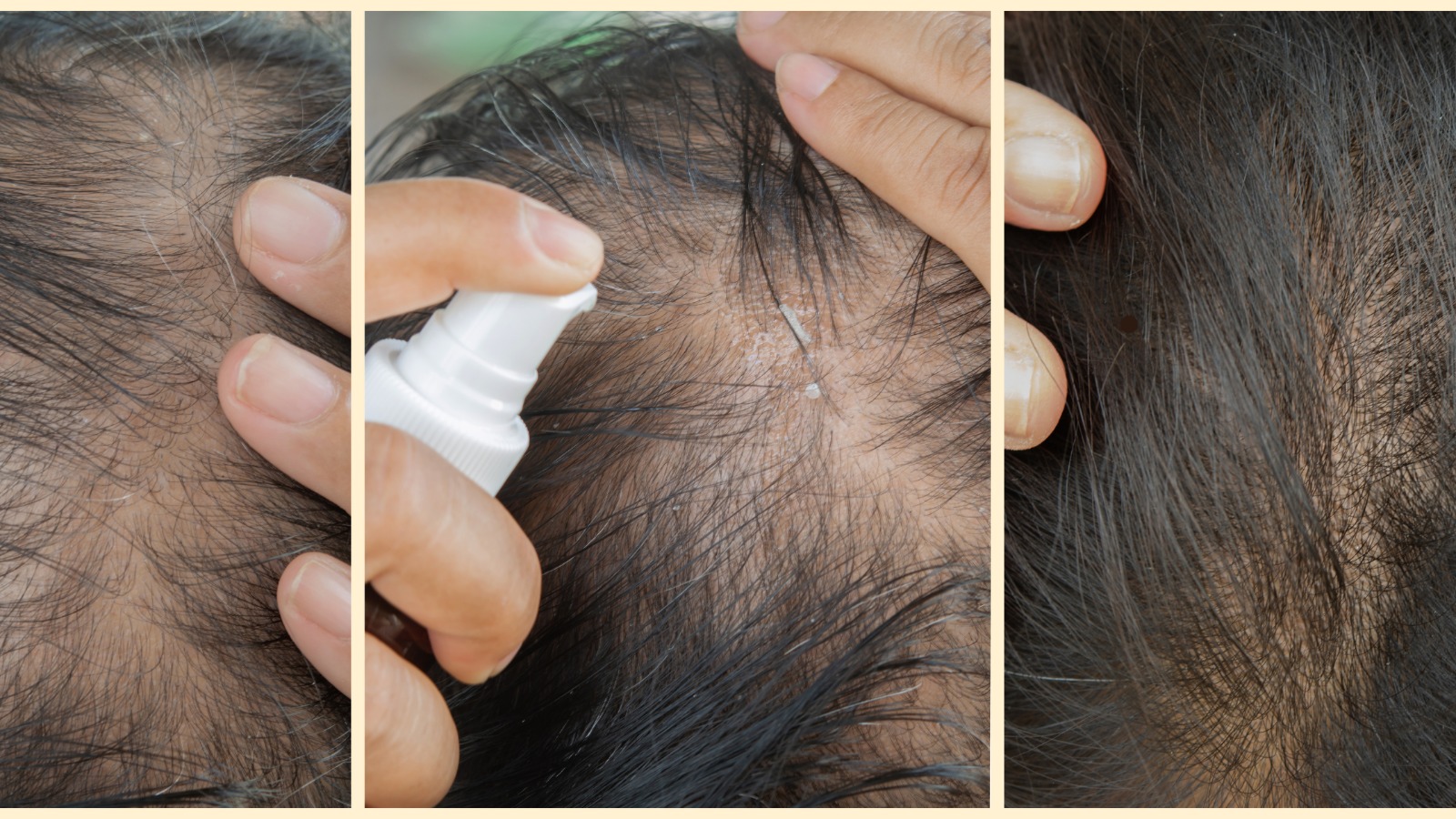
The Secret Power of Beauty Sleep for Your Inner Glow
Introduction: In our fast-paced lives, finding time for self-care can be challenging. Yet, one of the most effective and effortless ways to enhance your natural

Introduction:
In the ever-evolving world of skincare, more and more individuals are seeking ethical and sustainable options that align with their values. Cruelty-free and vegan skincare has gained significant popularity, reflecting a growing awareness of the impact our choices have on the world around us. In this beginner’s guide, we’ll explore what it means for skincare products to be cruelty-free and vegan, why it matters, and how you can make informed choices for a more compassionate beauty routine.
Understanding Cruelty-Free Skincare:
Defining Cruelty-Free:
Cruelty-free skincare refers to products that are not tested on animals at any stage of development. This includes both the ingredients and the final product. Many cruelty-free brands proudly display the Leaping Bunny or PETA logo, signifying their commitment to animal welfare.
The Dark Side of Animal Testing:
Delve into the ethical concerns surrounding animal testing in the beauty industry. Highlight the alternatives available and the importance of supporting brands that choose cruelty-free testing methods.
Certifications to Look For:
Educate readers on recognized cruelty-free certifications and what each symbol represents. This knowledge empowers consumers to make conscious choices when shopping for skincare products.
Embracing Vegan Skincare:
Understanding Veganism in Skincare:
Explain the concept of vegan skincare, which goes beyond cruelty-free by excluding all animal-derived ingredients. This includes substances like honey, beeswax, and certain proteins commonly found in beauty products.
Common Non-Vegan Ingredients:
List and explain common non-vegan ingredients found in skincare products, helping readers identify them on product labels. This knowledge aids in making informed purchasing decisions.
Exploring Plant-Based Alternatives:
Highlight the abundance of plant-based alternatives available in the beauty industry. From botanical extracts to innovative plant-derived technologies, vegan skincare can be both ethical and effective.
How to Navigate the Market:
Reading Labels:
Guide readers on how to read product labels effectively. Provide tips on recognizing cruelty-free and vegan certifications, as well as identifying potentially harmful ingredients.
Researching Brands:
Encourage readers to research brands before purchasing. Showcase a few reputable cruelty-free and vegan skincare brands, emphasizing transparency in their practices.
Making the Switch:
Transitioning to a Cruelty-Free and Vegan Routine:
Offer practical tips for those looking to transition to a cruelty-free and vegan skincare routine. This can include gradually replacing existing products or seeking guidance from beauty influencers who share similar values.
DIY Vegan Skincare:
Introduce readers to the world of DIY vegan skincare. Provide simple recipes for at-home treatments using cruelty-free and vegan ingredients, fostering a deeper connection to the products they use.
Conclusion:
As consumers become more conscientious about their choices, cruelty-free and vegan skincare emerges as a compassionate and sustainable alternative. By understanding the principles behind these practices and navigating the market with informed choices, individuals can embark on a skincare journey that aligns with their values while contributing to a more compassionate beauty industry.

Introduction: In our fast-paced lives, finding time for self-care can be challenging. Yet, one of the most effective and effortless ways to enhance your natural

Introduction: In the pursuit of luscious locks and healthy hair, many of us explore various treatments and remedies. One such method that has garnered significant

Introduction: Your wedding day is one of the most memorable days of your life, and every bride deserves to look and feel her absolute best.

Introduction: Bald spots can be a source of concern for many, impacting self-esteem and confidence. While various factors contribute to hair loss, including genetics, stress,

Introduction: Working out is great for your body and mind, but it can also take a toll on your skin if you don’t follow the